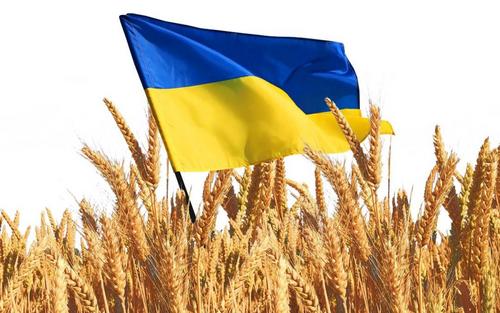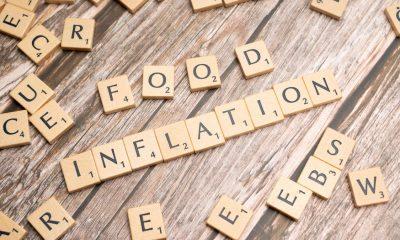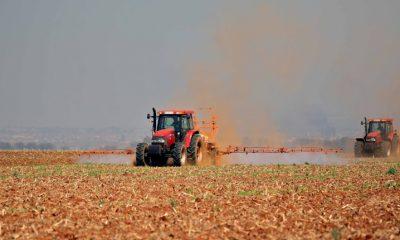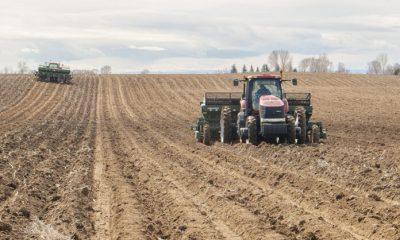Business
Zelenskyy’s Visit Sparks Talk of Wheat and Fertilizer Trade Between South Africa and Ukraine

Calls for South Africa to strengthen its economic ties with Ukraine are growing louder as Ukrainian President Volodymyr Zelenskyy prepares for a potential visit on Thursday. Among the most promising areas of cooperation: agriculture. Experts believe that a new chapter in trade could be unfolding—especially around wheat and fertilizers.
Wandile Sihlobo, chief economist at the Agricultural Business Chamber of South Africa (Agbiz), says that while formal diplomacy will focus on global geopolitics and post-war recovery, informal business conversations are already happening behind the scenes.
“The Ukrainian President may visit South Africa with economic officials, and that could lay the groundwork for future agricultural partnerships,” said Sihlobo. “These talks could support Ukraine’s post-war economic plans while opening up long-term trade opportunities for South Africa.”
Ukraine, with agricultural exports worth about $21 billion annually, is a heavyweight in global grain and oilseed markets. Key exports include wheat, maize, sunflower oil, and poultry products. Yet despite its strong output, Ukraine remains a minor supplier of wheat to South Africa.
Currently, South Africa imports about 1.8 million tonnes of wheat each year—roughly half of its total consumption. In just the first few months of the 2024–25 marketing year, the country had already imported over 900,000 tonnes.
“There is definite room for Ukraine to become a larger player in South Africa’s wheat imports,” said Sihlobo. “If the price and quality are right, private sector players could find Ukrainian wheat very attractive.”
Critics Caution on Political Timing
However, not everyone supports the timing of closer ties. Professor Andre Thomashausen of Unisa expressed concern that strengthening relations with Ukraine—while South Africa’s relationships with the U.S., EU, Russia, and China remain sensitive—could be a diplomatic misstep.
“Zelenskyy has again postponed elections and fundamental rights are currently suspended in Ukraine. South Africa should be cautious about backing a country facing significant internal challenges,” Thomashausen warned.
Beyond Wheat: Fertilizer Trade Holds Promise
Others, like Francois Rossouw, CEO of the Southern African Agri Initiative (Saai), believe the potential benefits outweigh the risks.
“From a purely agricultural standpoint, there’s a lot of synergy here. We need high-quality wheat, and Ukraine has it. But there’s also untapped value in fertilizer,” said Rossouw.
Ukraine is a key global supplier of nitrogenous, phosphatic, and potassic fertilizers. For South African farmers—especially those operating on tight margins—more affordable inputs could be transformative.
“A strategic trade agreement could improve fertilizer affordability and boost yields, especially for small-scale producers,” Rossouw added.
A Strategic Move Amid Global Uncertainty
As the G20 Summit approaches in Johannesburg in 2025, and with global alliances shifting, this possible visit and trade dialogue come at a pivotal moment. While South Africa must tread carefully on the geopolitical front, the economic potential—particularly for food security—could be significant.
If managed wisely, the discussions between South Africa and Ukraine may not only open new trade lanes but also strengthen resilience in South Africa’s agricultural sector.
{Source: IOL}
Follow Joburg ETC on Facebook, Twitter , TikTok and Instagram
For more News in Johannesburg, visit joburgetc.com



























